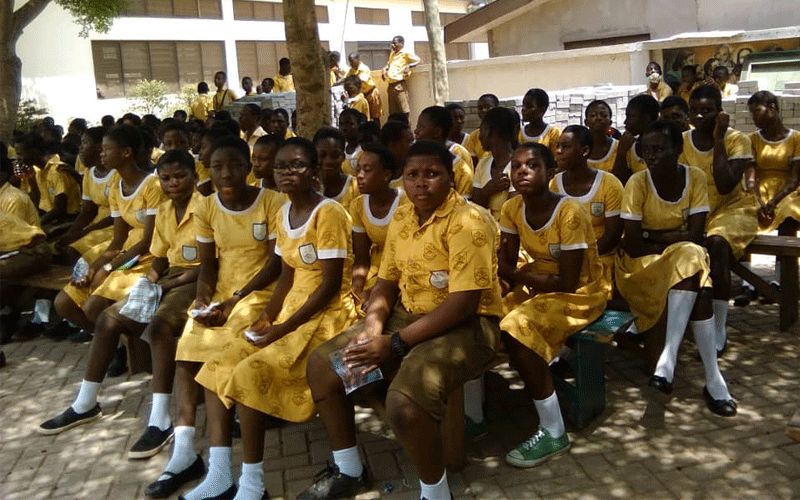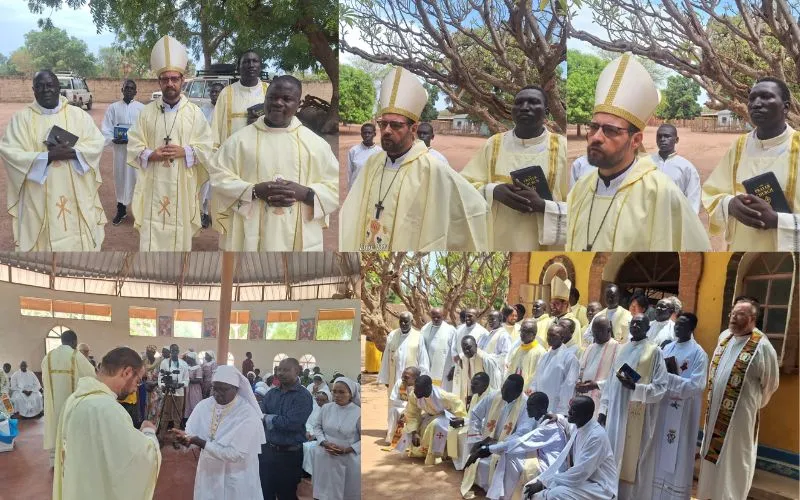Accra, 08 May, 2020 / 6:55 am (ACI Africa).
The Catholic education authority in Ghana has applauded efforts by the government to launch a virtual television learning program, which the Accra-based leadership says will keep learners engaged away from schools that were closed in March to contain the spread of COVID-19 in the West African nation.
In an interview with ACI Africa correspondent Wednesday, May 6, Doris Ashun, the General Manager of Catholic Schools in the Directorate of Education at the National Catholic Secretariat (NCS) in Accra lauded the program as an initiative that is beneficial to Catholic students and which will make them busy as long as physical schools remain closed.
“The e-learning, online and television programs put in place by the Ministry of Education and GES (Ghana Education Service) are good initiatives and opportunities for every student in Catholic Schools to take advantage of while at home,” said Mrs. Ashun.
She added, “I advise students of Catholic institutions to take the lessons seriously but in my view the challenge here would be for those students living in areas without electricity, or poor or no network, and those who do not have access to laptops, phones or TVs.”
The virtual television lessons for Basic Schools ranging from kindergarten, primary, Junior High School (JHS) pupils and distant education for students at the Senior High School (SHS) level kick-started on May 6, after the timetable was released by GES.








